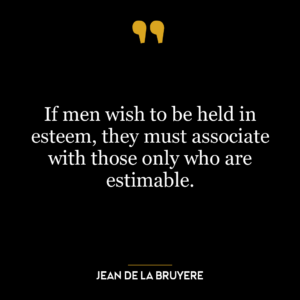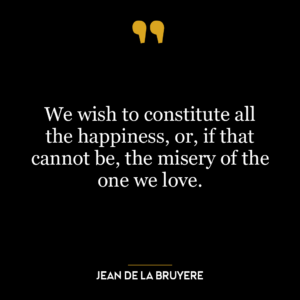This quote, “Wish for the happiness of your enemies, for if they are happy, they are your enemy no more,” suggests a transformative approach towards our perceived adversaries. It challenges the conventional idea of harboring resentment or ill-will towards those we consider as enemies. Instead, it promotes the concept of wishing happiness for them, implying that their happiness might neutralize the animosity and transform the relationship.
At the heart of this quote is the concept of empathy and understanding. It suggests that happiness could potentially alleviate the negative emotions or circumstances that may have led someone to become an ‘enemy’ in the first place. If they are content, they may no longer have a reason to harbor ill feelings or act negatively, thus ceasing to be an enemy.
This idea can be applied in various contexts in today’s world. In international relations, for instance, countries could focus on fostering mutual growth and prosperity, which could lead to better relationships and reduced conflict. In workplaces, wishing for a colleague’s success, even if they are viewed as a competitor, can create a more positive and collaborative environment.
On a personal development level, this quote encourages individuals to let go of negativity and embrace a more compassionate and empathetic outlook. By wishing happiness for those we perceive as enemies, we may not only transform our relationships but also foster personal growth. It allows us to practice forgiveness and empathy, reducing our own stress and negativity. It also challenges us to redefine our perceptions of ‘enemies’, leading to more peaceful and harmonious personal relationships.











